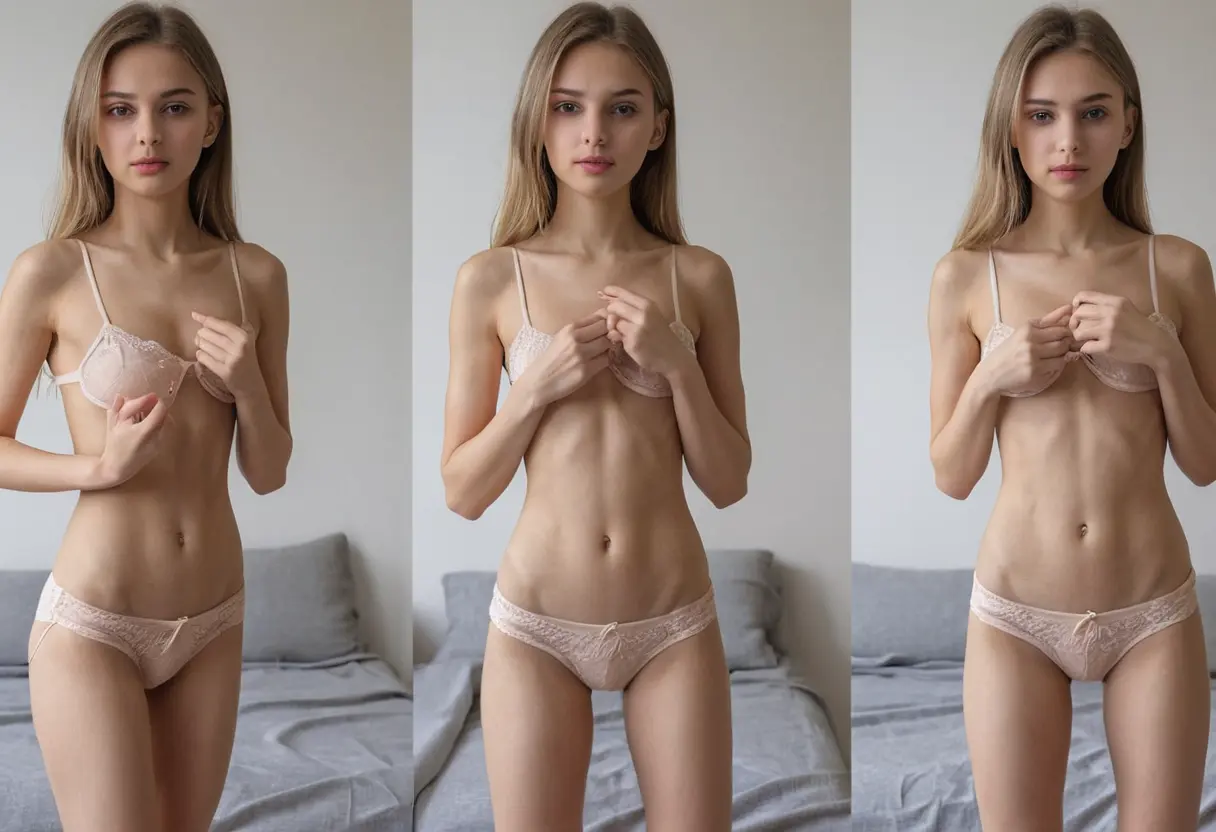ai undress deepnude
Overview of AI Undress DeepNude
AI Undress DeepNude is a controversial artificial intelligence tool that gained attention for its ability to create altered images of individuals. This technology leverages deep learning techniques to manipulate photos, primarily focusing on removing clothing from subjects in a realistic manner. While the software's capabilities raise intriguing possibilities within digital art and entertainment, it also presents significant ethical and legal challenges. In this article, we will explore the technology behind DeepNude, its applications, ethical implications, and the ongoing discussions surrounding its use.
Understanding the Technology Behind DeepNude
At the core of AI Undress DeepNude lies sophisticated deep learning algorithms, particularly those involving Generative Adversarial Networks (GANs). These networks consist of two components: a generator and a discriminator. The generator creates altered images, while the discriminator evaluates their authenticity. This back-and-forth process allows the AI to improve its output over time, ultimately producing highly realistic images.
DeepNude uses a vast dataset of images to train its models, enabling the AI to understand the complexities of human anatomy and clothing. As a result, it can generate images that mimic the natural appearance of individuals, which raises questions about the boundaries of digital manipulation and consent.
Applications of AI Undress DeepNude
While the primary function of DeepNude focuses on altering images, its underlying technology has potential applications in various fields:
- Entertainment: Artists and creators can use similar technology for digital storytelling, enabling new forms of artistic expression.
- Fashion Industry: Virtual fitting rooms could allow users to see how clothes might look on them without physically trying them on.
- Gaming: Game developers could create more realistic characters through advanced image manipulation techniques.
- Education and Training: Medical professionals might benefit from tools that help visualize anatomy without the constraints of traditional media.
Ethical Implications of DeepNude Technology
The capabilities of AI Undress DeepNude raise profound ethical concerns. One major issue is consent; many individuals whose images may be altered do not consent to such modifications. This violation of privacy can lead to harmful consequences, including reputational damage and emotional distress.
Additionally, the technology could facilitate the creation of non-consensual pornography, amplifying issues of exploitation and harassment. As such,undress ai the proliferation of tools like DeepNude prompts calls for stricter regulations and guidelines governing AI-generated content.
Legal Challenges and Responses
As the use of AI image manipulation tools becomes more prevalent, legal frameworks are struggling to keep pace. Current laws regarding copyright, privacy, and consent may not adequately address the unique challenges posed by AI-generated content. This gap creates uncertainty for creators and consumers alike.
In response, some countries are beginning to explore legislation aimed at curbing the misuse of such technologies. For instance, there are discussions about introducing stricter penalties for the unauthorized distribution of altered images, particularly those that may be deemed harmful or defamatory. These efforts aim to protect individuals while fostering responsible innovation in the field of AI.
The Future of AI Image Manipulation
The future of AI Undress DeepNude and similar technologies is uncertain. As advancements in AI continue, the potential for both positive and negative applications will expand. Society must navigate the delicate balance between technological innovation and ethical responsibility.
Developers and users alike must engage in ongoing discussions about the implications of their work. Collaborative efforts between technologists, ethicists, and lawmakers will be crucial in shaping a future where AI can be harnessed for good while minimizing its potential for harm.
Conclusion
AI Undress DeepNude represents a fascinating yet troubling intersection of technology and ethics. While the capabilities of AI image manipulation tools hold promise for various applications, they also raise critical questions about consent, privacy, and the potential for abuse. As we look ahead, it is essential to establish a framework that supports innovation while safeguarding individuals from harm. By engaging in thoughtful dialogue and implementing responsible practices, society can harness the power of AI in a way that is both creative and ethical.
Weekly hotspots
edit recommend
Friendly Links
- ai photo editor undress
- top undressing ai
- ai undress photos
- ai free undressing
- ai to undress free
- ai undressing ai
- best ai undress free
- undressed ai generator
- undress naked ai
- ai to undress someone
- undressing women ai
- undress ai tools
- undress pictures ai
- ai undresser online
- ai undress photo free
- photo undress ai
- ai app that undresses
- undress video ai
- ai undressing nude
- undressing ai for free
- undress ai pro
- undress.vip ai
- undressing ai telegram
- best undress ai app
- ai undress pictures
- ai undresser porn
- ai dressed undressed
- undress ai telegram bots
- ai undress application free
- undress ai
- ai undress online
- best undress ai generator
- best undress ai generator
- ai that undresses pics
- undress pics ai
- ai undress pics
- best ai undress
- undress ai no sign up
- ai undresses people
- ai porn undresser
- ai undresser porn
- ai undress celebrity
- undress ai porn generator
- is undress ai safe
- free ai undress software
- undress ai
- ai deepfake undress
- undress ais
- undress pic ai
- ai undresser for free
- undress ai porn
- undress ai
- ai nude
- ai porn undress
- undress app
- undress ai promo code
- undressing ai free
- ai undress
- undress pornx.ai
- undress-ai
- ai undressing
- undress ai
- undress ai safe
- undress ai-deepnude images
- nude ai
- free undress ai
- ai undress
- ai nude undress
- ai undresser
- ai undressing free
- free ai undressing
- undressing ai
- free undress ai
- ai porn undresser
- ai undress free
- ai undress app
- undress.ai
- free ai undress
- undressed ai
- free Undress AI
- undress ai free
- undressing ai
- undresser ai
- best undress ai
- undress ai review
- free undressing ai
- free ai undresser
- ai undress
- ai undressing
- undress ai
- undressing ai
- ai undressing
- undress ai reddit
- undress ai app
- undress ai
- ai undresser free





